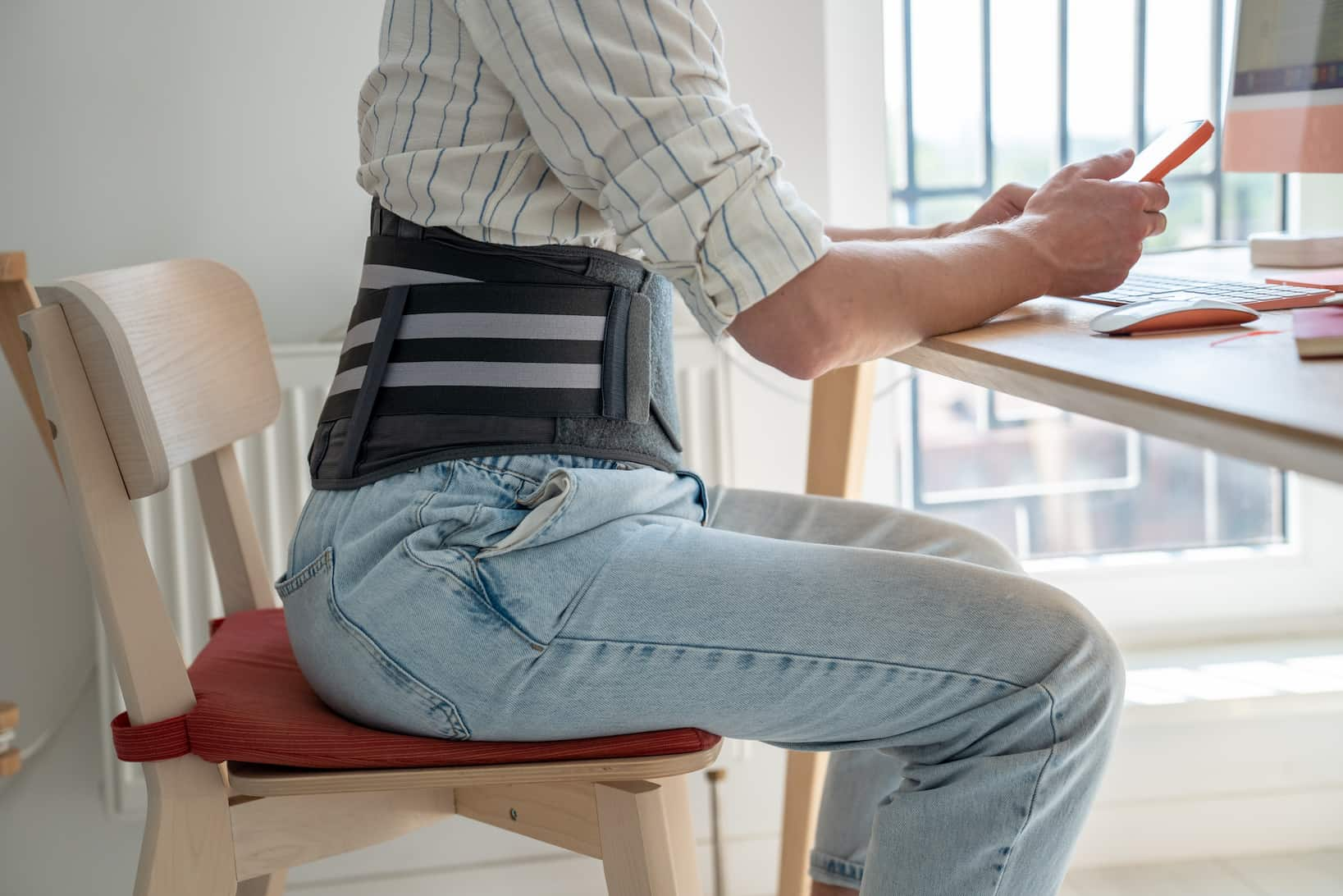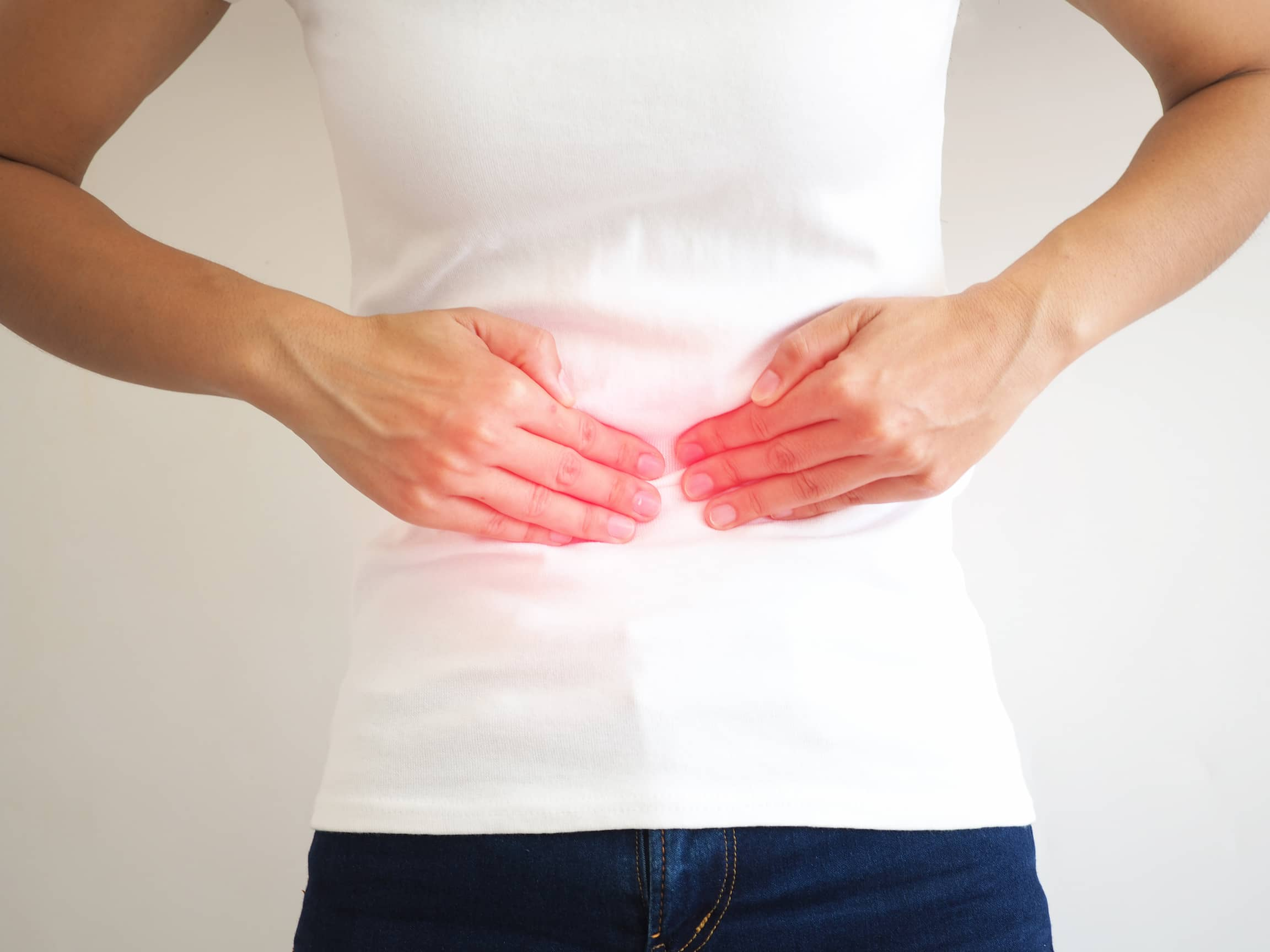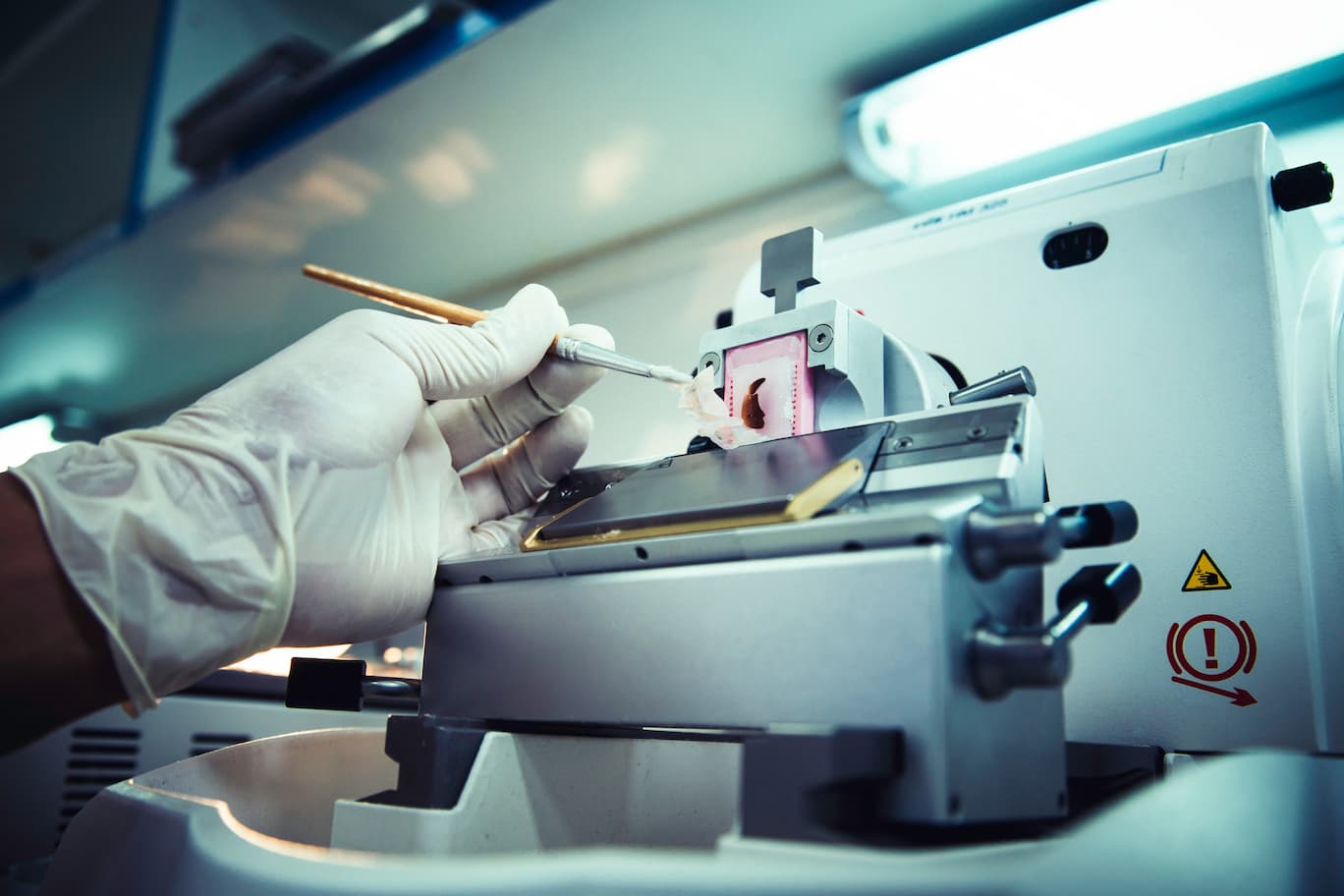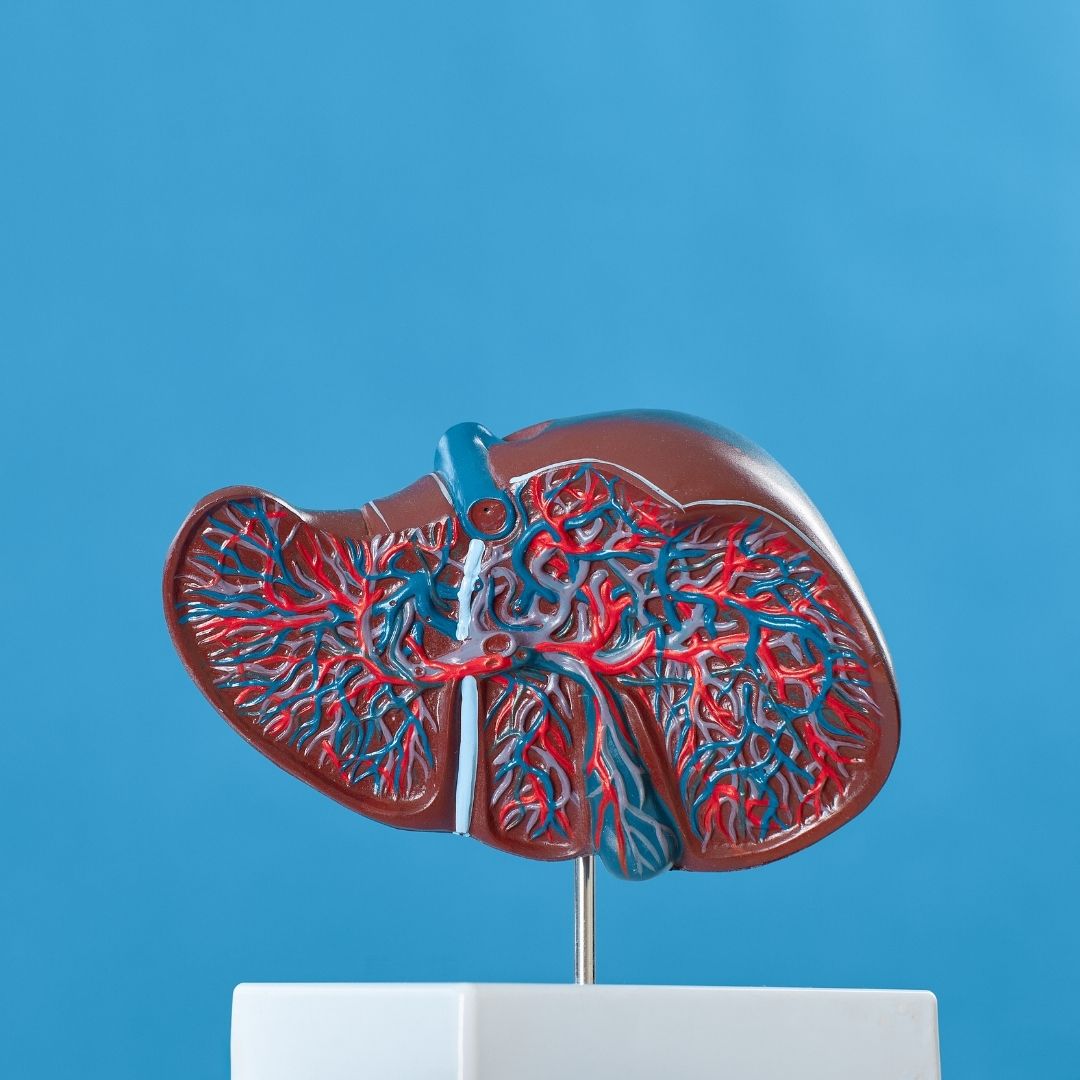
After Hernia Repair Surgery
Hernia repair surgery is a common procedure that millions of people undergo every year. It is a surgical procedure that involves the repair of a hernia, which is a condition in which an internal organ or tissue bulges through a weak spot or tear in the muscle or tissue that surrounds it. Hernia repair surgery is usually performed under general anesthesia and can be done as an open or laparoscopic procedure.
What Is Hernia Repair Surgery?
Hernia repair surgery is a surgical procedure that is performed to repair a hernia. A hernia occurs when an internal organ or tissue bulges through a weak spot or tear in the muscle or tissue that surrounds it. Hernias can occur in different parts of the body, but the most common types are inguinal hernias (groin area) and ventral hernias (abdominal area).
Hernia repair surgery can be done as an open or laparoscopic procedure. In an open hernia repair, the surgeon makes an incision near the hernia and repairs it using sutures or a mesh. In a laparoscopic hernia repair, the surgeon makes small incisions and uses a laparoscope (a thin, lighted tube with a camera) and other surgical instruments to repair the hernia.

What to Expect After Hernia Repair Surgery?
After hernia repair surgery, you can expect to spend some time in the hospital or surgical center for observation. You may feel some pain, discomfort, or soreness in the area of the hernia repair, which can be managed with pain medication. You may also have some swelling or bruising in the area, which is normal and will subside over time.
You will need to follow your surgeon’s instructions for care and activity after the surgery. This may include avoiding heavy lifting or strenuous activity for a period of time, taking medications as prescribed, and following a specific diet or eating plan. You may also need to wear a support garment, such as a compression bandage or abdominal binder, to help support the area of the hernia repair.
What Are the Side Effects After Hernia Surgery?
Like any surgery, hernia repair surgery carries some risks and potential side effects. These may include:
Pain or discomfort in the area of the hernia repair
Swelling or bruising in the area
Nausea or vomiting
Constipation or difficulty passing urine
Infection at the site of the hernia repair
Recurrence of the hernia
Most of these side effects are temporary and can be managed with medication or other treatments. However, if you experience severe or persistent pain, fever, or other symptoms, you should contact your surgeon right away.
How Long Does It Take for Hernia Mesh to Heal?
Hernia mesh is a surgical implant that is used to reinforce the weakened or torn tissue around a hernia. The mesh is designed to promote tissue growth and provide long-term support to the repaired area. The healing time for hernia mesh can vary depending on the type of mesh used, the size and location of the hernia, and other factors.
In general, it can take several weeks or even months for hernia mesh to fully integrate with the surrounding tissue and for the repaired area to heal completely. During this time, you may need to avoid heavy lifting or strenuous activity and follow a specific diet or eating plan to promote healing.
What Is Common After Hernia Repair Surgery?
After hernia repair surgery, it is common to experience some pain, discomfort, or soreness in the area of the hernia repair. You may also have some swelling or bruising in the area, which can be managed with pain medication and ice packs.
You may also experience some temporary changes in bowel function, such as constipation or diarrhea. This is usually a result of the anesthesia and pain medication used during the surgery, and should improve over time. It is also common to feel tired or weak for a few days after the surgery, as your body recovers from the procedure. You may need to rest or take time off work or other activities to allow your body to heal properly.
What is Not Normal After Hernia Surgery?
While some pain, discomfort, and swelling are normal after hernia surgery, there are some symptoms that may indicate a complication or problem with the surgery. These include:
Severe or persistent pain that is not relieved by medication
Fever or chills
Redness, swelling, or drainage from the incision site
Difficulty breathing or shortness of breath
Nausea or vomiting that persists for more than a few days
Inability to pass urine or bowel movements
If you experience any of these symptoms after hernia surgery, you should contact your surgeon right away. These symptoms may indicate an infection, bleeding, or other complication that requires prompt medical attention.
The Study of After Hernia Repair Surgery
Recent research published in the Journal of Surgical Science followed 500 patients who underwent hernia repair surgery over two years. The study found that following proper post-operative care, including activity restrictions and adherence to dietary guidelines, significantly reduced the risk of post-surgery complications and enhanced the overall recovery process. This research highlights the importance of adhering to surgeon-recommended instructions to ensure a smoother recovery after hernia repair surgery.
How Long is Bed Rest After Hernia Repair Surgery?
The amount of bed rest required after hernia surgery can vary depending on the type of surgery, the size and location of the hernia, and other factors. In general, you may need to rest or limit activity for a few days to a few weeks after the surgery to allow your body to heal. Your surgeon will provide specific instructions on activity and rest after the surgery, including when you can return to work or other activities. You may need to avoid heavy lifting or strenuous activity for several weeks or longer to avoid straining the repaired area.
Healthy Türkiye Notes
Hernia repair surgery is a common procedure that can help treat a hernia and prevent complications. After the surgery, you can expect to experience some pain, discomfort, and swelling in the area of the hernia repair, but most of these symptoms are temporary and can be managed with medication and other treatments. It is important to follow your surgeon’s instructions for care and activity after the surgery to promote healing and prevent complications. If you experience any severe or persistent symptoms after hernia surgery, you should contact your surgeon right away for evaluation and treatment.




